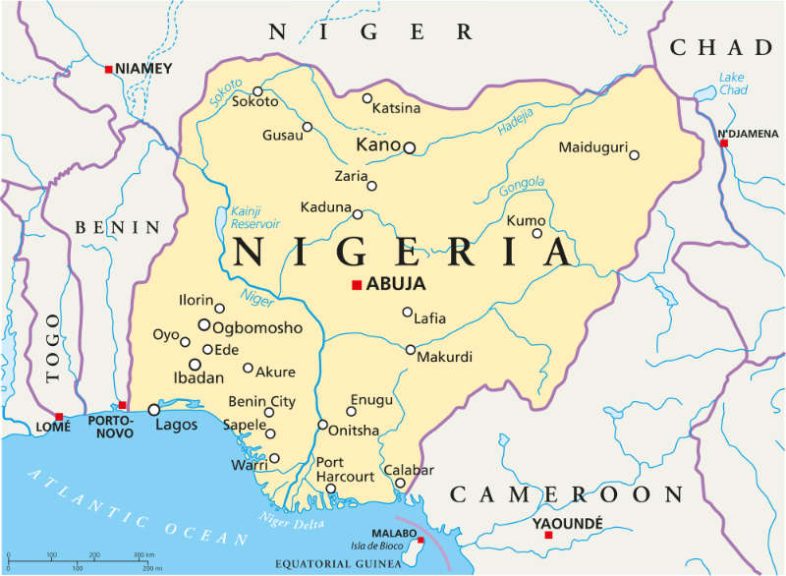Russia’s largest carmaker AvtoVAZ is entering the African market via Nigeria. The auto giant plans to set up a service centre and parts warehouse in the Lekki Free Trade Zone in Lagos by the end of this year, and is also in talks with the Nigerian government to set up a local assembly plant.
Nigeria’s automotive market is one of the largest in Africa, driven by a growing population of over 200 million people and increasing urbanisation. However, the country is heavily dependent on imported cars, importing over 400,000 units annually, while local production remains limited. AvtoVAZ is best known for its Lada brand, which produces affordable cars and SUVs. AvtoVAZ’s entry into the Nigerian market is aimed at providing the population with affordable cars that can successfully compete with imported used cars and new locally assembled models, and is expanding its operations in Nigeria as part of a strategy to diversify operations beyond the Russian domestic market.
The plans of AvtoVAZ, majority owned by the Russian government, are in line with the Japanese car manufacturing model, where localised overseas production is supported by an extensive network of spare parts and service centres.
While initially costly to establish such a business structure, it will eventually help improve local competitiveness and vehicle reliability, which is very important for emerging markets such as Nigeria and Africa in general. This is in line with Nigeria’s National Automotive Industry Development Plan, which aims to reduce dependence on imported cars as this will stimulate local manufacturing.

In December 2022, AvtoVAZ announced plans to export 20,000 vehicles in 2023, with a focus on entering new African markets. The company also plans to capitalize on Nigeria’s drive towards alternative fuel vehicles by setting up a compressed natural gas (CNG) processing plant in partnership with a Russian engineering company.
Adewole Opeyemi, AvtoVAZ’s representative in Nigeria, said the plant, when completed, would enable Lada vehicles to be fitted with gas-fuelled engines. ‘If you bring gas-fuelled cars into Nigeria, you will not have to pay any duty, so we are in talks with the relevant agencies,’ Opeyemi said. Some Lada cars will come with factory gas engines, while others will be converted locally by Russian specialists.
Africa accounts for about 40% of global used car imports, with Nigeria, Libya and Kenya among the key markets driving the sector. Used cars make up 85% of the total fleet on the continent, highlighting the need for spare parts networks and service centres. Used cars (commonly referred to as Tokunbo) account for 70% of the total number of cars sold in Nigeria.
However, the emergence of several local manufacturers has led to a shift in the market, giving Nigerians more options for new cars.
AvtoVAZ’s entry into Nigeria’s still developing automobile sector with high potential expands the auto giant’s presence on the African continent as part of its global strategy to seek new opportunities in emerging markets amid geopolitical changes and trade restrictions.
Further Reading

 Русский
Русский














